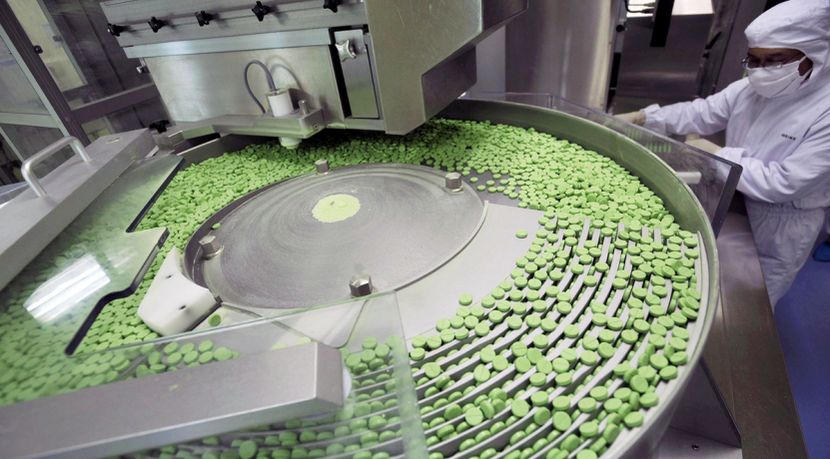Indonesia's pharmaceutical industry still highly dependent on imported raw materials

Indonesia's pharmaceutical manufacturing industry still relies heavily on imported raw materials to produce medicines, and the upstream pharmaceutical API industry is not yet developed enough to supply the raw materials needed for downstream pharmaceutical manufacturing. Indonesia needs continued investment and research in the development of pharmaceutical raw materials to reduce its dependence on imported APIs.The Acting Director General of Chemical, Pharmaceutical and Textile Industries of the Ministry of Industry said that currently around 90% of raw materials for the pharmaceutical industry still need to be imported, and that the main source countries for raw material imports are China and India. The huge demand for imported pharmaceutical raw materials has made the pharmaceutical industry very dependent on the supply of imported countries of origin, and since the industry imports almost all of its raw materials, the industry is also vulnerable to fluctuations in the exchange rate of the rupiah. One of the reasons why the demand for imported pharmaceutical raw materials remains high is that the upstream pharmaceutical industry, i.e. the basic chemical industry, is still underdeveloped. The foundation of the country's pharmaceutical industry is still shallow, especially the basic chemical industry that produces pharmaceutical raw materials (BBO), and the supply of the BBO industry is not yet able to meet the demand of the pharmaceutical industry. The pharmaceutical raw materials industry is still underdeveloped, as the industry is predominantly based on formulations. Most of the domestic pharmaceutical industry, both domestic companies (PMDN) and foreign companies (PMA), still focus on formulating generic or off-patent drugs. Thus the pharmaceutical industry still needs imports, including several patented products, correct biological levels, and specific high-tech dosage drugs.
According to data from the Ministry of Industry, there are currently 18 BBO industrial enterprises. They produce various types of BBO, including pharmaceutical salts and various types of BBO chemicals. The measures that need to be taken for this purpose are to encourage investment in the BBO industry, whether it is the emergence of new companies in the BBO industry or various studies to develop BBO product formulations. To encourage investment, fiscal incentives are needed to stimulate tax breaks to attract investors. The Secretary General of the Association of Biopharmaceuticals and Pharmaceutical Ingredients (ABPI) said that the development of downstream BBOs requires long-term research and development. This is because drug consumption directly affects human health, hence the long process for BBOs to meet the requirements. One thing that continues to be developed is the production of raw materials in the country to enable it to meet the requirements of pharmaceutical salts, infusion ingredients, tablet solvents and syrups. The Vice-Chairman of Parliamentary Committee VII said that medicines are one of the important commodities needed by the society. Accessibility and affordability of medicines as well as prices are needed to support a healthy and strong society and therefore the development of the industry needs to be given high priority.

